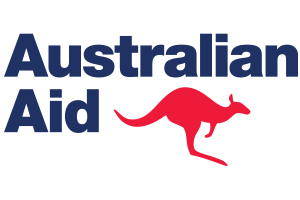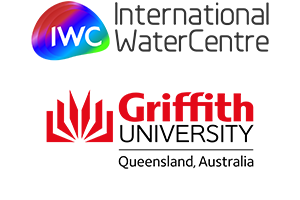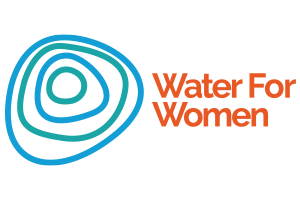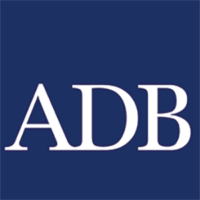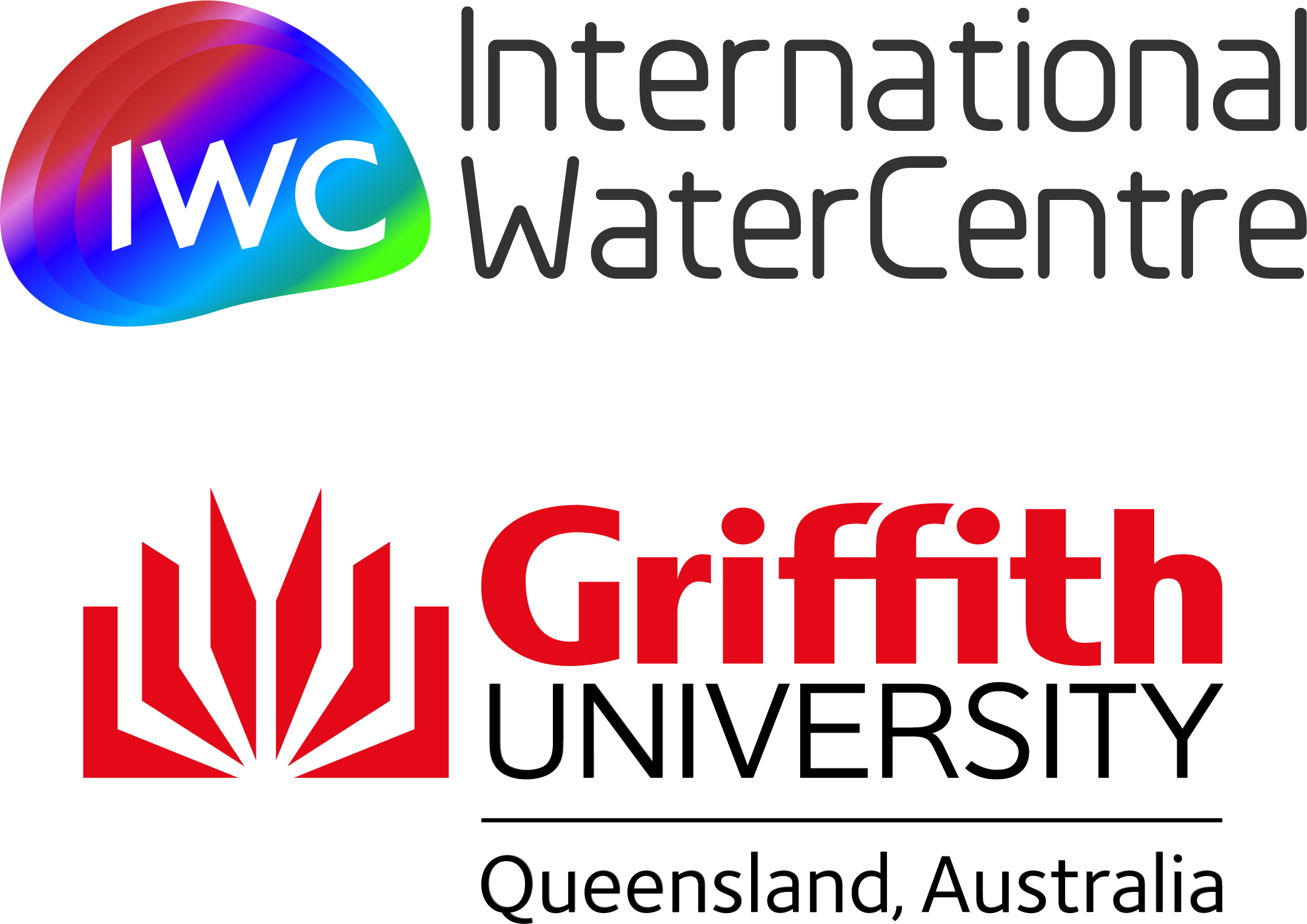Coming together, learning, and driving change:
DFAT and partners to host Water and WASH Futures learning events
By Peter O’Connor, Director of the Water Security Section in the Department of Foreign Affairs and Trade, Australia
It is fascinating to think how the world has changed since we met at the WASH Futures Conference in Brisbane in 2018.
At that time, practitioners gathered to discuss “collaboration for universal WASH”, sharing innovations and evidence to ensure sustained water, sanitation and hygiene (WASH). In pursuit of the Sustainable Development Goal agenda, we discussed the challenges of working at scale, in urban settings, enterprises, healthcare centres and schools and we grappled with working and thinking beyond WASH for water security.
We left inspired to continue our efforts to tackle equity issues, taboo subjects, and hygiene behaviour change, as well as developing resilience to disasters and a changing climate.
Since then, the COVID-19 pandemic has emerged and affected all of us, heaping pressure on health and economic systems, exacerbating inequalities and reversing recent development gains. Many countries have realised the importance of WASH in a new light finding that their WASH systems made it harder to limit disease transmission and COVID-related fatalities.
During the same period, natural disasters have spotlighted the inextricable link between water and climate change. Climate change primarily impacts through the water cycle, increasing its variability and the intensity of water and weather-related disasters like floods, droughts, cyclones while reducing certainty around water resources and everything it underpins – health, food security, livelihoods, economic growth and social stability.
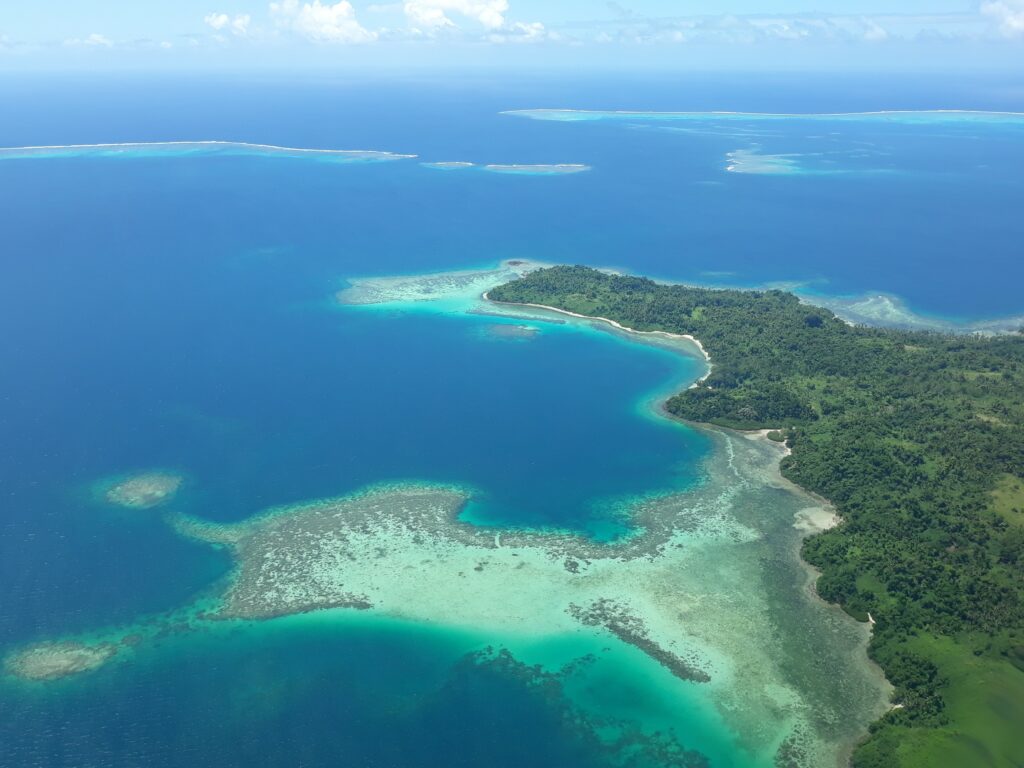
The latest Intergovernmental Panel on Climate Change (IPCC) report has found that human activities are estimated to have caused approximately 1.0°C of global warming above pre-industrial levels, which have increased and are projected to continue to increase climate related risks.[1]
WASH and water practitioners more broadly continue to experience the ramifications of these public health, water resources, WASH and climate challenges.
Now, more than ever in this challenging context, there is pressure on our water resource management and WASH systems to deliver continuous, equitable access to services, which raises questions for those working on water security and WASH such as:
- How do we integrate WASH and water resource management approaches to achieve climate resilience?
- How do we reform our governance, regulatory and financial systems to manage the complexities of climate change, even as its impacts are already intensifying and multiplying risks and uncertainties?
- How do we ensure that no one is left behind and that gender equality, disability and social inclusion are central considerations in WASH and water resource management policies and programs?
The goal of the WASH Futures has always been to bring people together to learn from each other’s expertise and learn from both successes and failures. We believe that through convening, WASH Futures events challenge people in the best possible way to develop water management and WASH solutions which are critically needed as our climate changes.
As part of our program initiatives, DFAT is partnering with the International WaterCentre, the Water for Women Fund and the Asian Development Bank to deliver the Water and WASH Futures Conference in Brisbane, February 13-18, 2023.
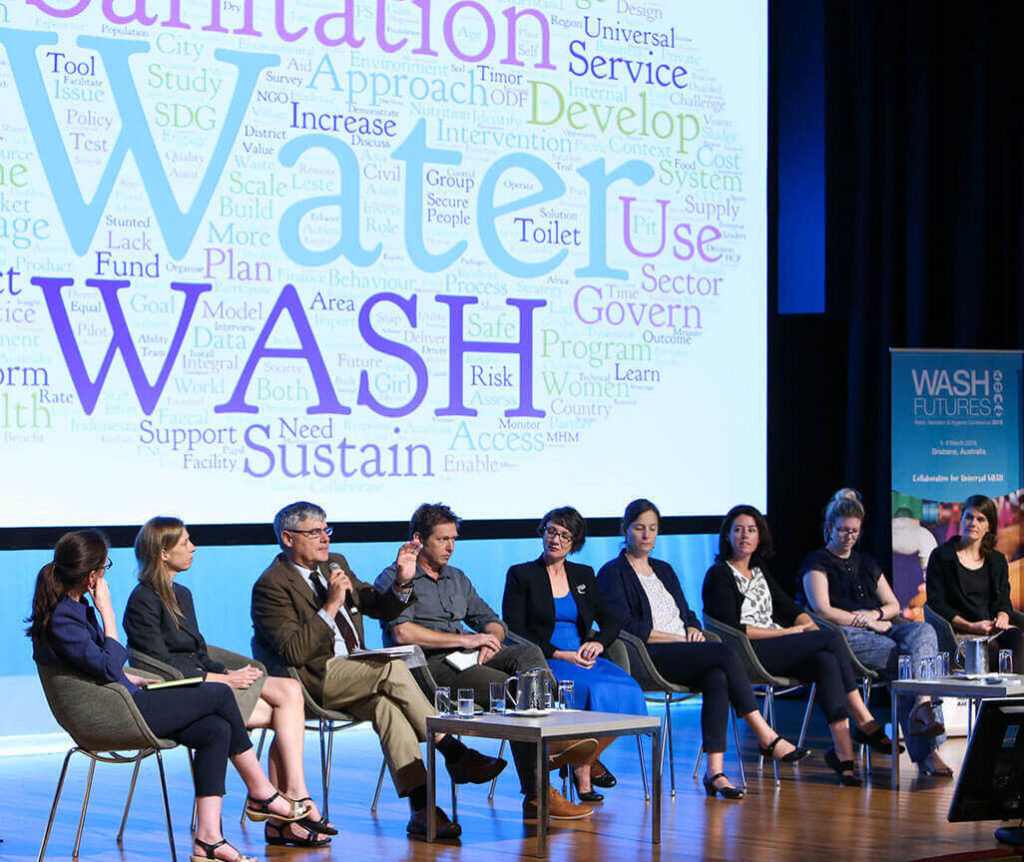
In the lead up to this event, we are also convening two online symposiums called Water, WASH and Climate to be held June 20-24, 2022, and WASH and COVID-19 Pandemic which was held in April 2021[2].
So why is DFAT supporting these events? Water, particularly in a time of climate change, is a key development, foreign policy and security issue for Australia and our partners in the region. DFAT has now begun the process of integrating climate resilience into our water programs. At the same time, we believe that increased collaboration and coordination between the two main water sectors, water resources management and WASH, is fundamentally important to increase the overall climate resilience of our water systems. DFAT’s flagship WASH program, Water for Women is leading the way on strengthening its focus on climate resilient WASH and integrated water resource management.
We know we need to tackle these complex issues together and we hope that you and your partners can join us to learn and create change.

